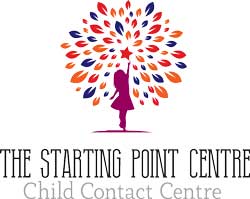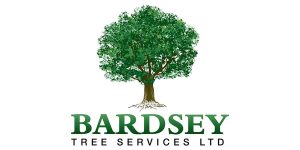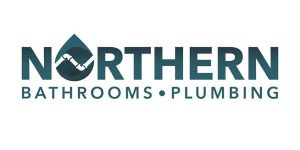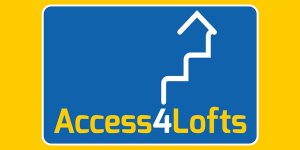Here at the Starting Point Centre, we believe that going to the family court isn’t the only way forward. Whilst this approach is sometimes necessary, the stress, money and time involved in taking matters to court is generally avoidable.
Inspired by ‘(Almost) Anything But Family Court’, a fantastic book written by Jo O’Sullivan, here are six different alternatives to family court.
1. Do it yourself (kitchen table agreements)
For some families, the best approach is to take matters into their own hands. If you and your ex are able to agree on important matters without legal intervention, this could save you lots of money. However, ‘DIY’ agreements can also result in heated arguments and conflict.
Without a legal expert present, any agreements you make also won’t be legally binding, and it can be easy to overlook factors such as pensions and investments.
2. Mediation
A mediator’s role is to facilitate communication and collaboration in a calm and neutral space.
With a 70% success rate, mediation is considered the cheapest alternative to family court after DIY agreements. It’s much easier to reach a conclusion that works for both parties with the presence of a trained mediator. Although they can’t force either person to participate, nor tell you what to do, your mediator will help you understand important factors that need to be considered.
3. Hybrid mediation
Also known as ‘lawyer assisted’, ‘supported’ or ‘integrative’ mediation, hybrid mediation is where you or your partner has their lawyer present at a mediation session. This means that, even if one person doesn’t have a lawyer, the mediator will still be there as a neutral third party to help everyone reach the fairest agreement.
With a lawyer present, legally binding documents can be produced there and then, making things as straightforward as possible. However, it can sometimes be difficult to organise a session with at least four people to work around.
4. Child-inclusive mediation
If you want to involve your child in important family issues, child-inclusive mediation is a great option for children from the age of 10. The mediator will listen to their wants and needs, passing these onto both parents with the child’s consent.
Whilst your child won’t be making decisions about who looks after them, they’ll have the chance to express how they feel, which can better inform parents’ choices.
5. Collaborative law/practice
With collaborative family law, each partner will bring their own lawyer to the session, where both legal professionals work together to get the best outcome. Instead of working against each other or thinking tactically, any legal advice will be shared openly. This promotes better communication and a more positive relationship between ex partners.
Having the presence of two legal professionals means that any decisions made will be extremely well-informed. However, legal costs can quickly add up.
6. Round table
As a similar alternative to collaborative law/practice, a round table is where both partners and their lawyers work together to get the best outcome for everyone involved.
In this case, however, lawyers don’t need to be trained in collaborative law. This means that, if they’re not collaboratively trained, they may still resort to tactical moves and refuse to share legal advice with the other party.
This article is continued in part 2 which provides some additional alternatives to family court:
How to avoid family court – Part 2
However you decide to deal with family difficulties, we’re here to support you. If you think you could benefit from family mediation, our team of trained mediators can help you to resolve conflicts and move forward with difficult conversations.
Equally let us help you support your children who often hear or see things not necessary and can cause more anxieties unless managed. Allow our services to allow you a platform to deal with your own stresses and alleviate the stress on your children.
If you have any questions at all, please feel free to get in touch we’d be happy to help your family thrive in any way we can.

www.thestartingpointcentre.co.uk
The Starting Point Centre,
201a Harrogate Road,
Chapel Allerton, Leeds LS7 3PT
(park in Toby Carvery car park, walk down the right-hand side and follow our signs)
Tel: 0113 246 4940
Email: [email protected]
























































